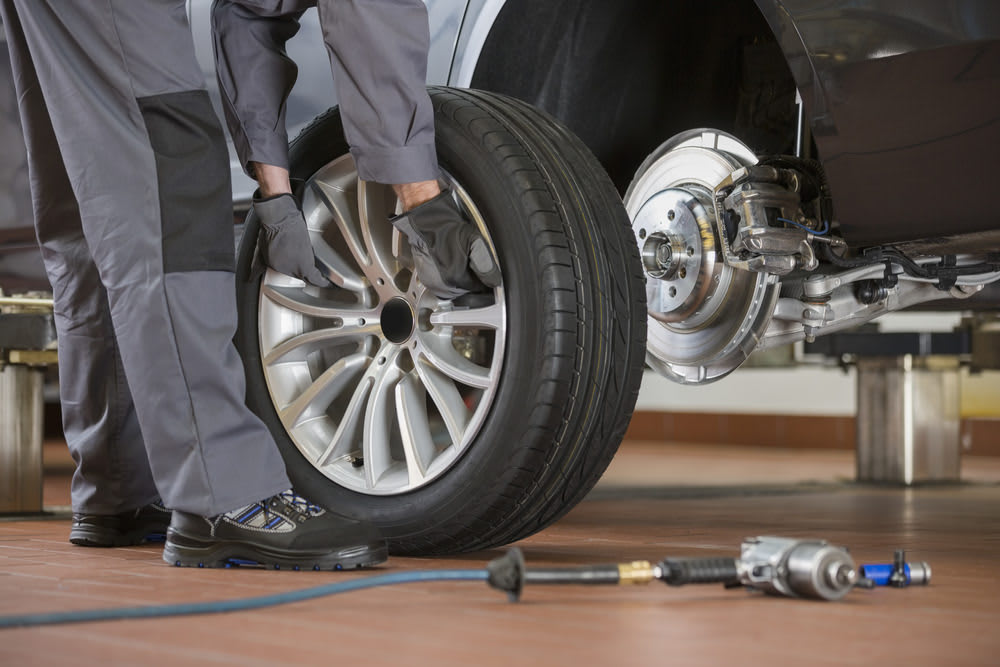

Your car’s tires have been specially matched to your vehicle. The size, type, and rating, as well as the optimum tire pressure are all factors in making sure your vehicle performs to its best ability. Changing your tire pressures so they are below your car manufacturer’s rating can be not just ineffective, but dangerous.
Optimum tire pressure takes into account:
- Handling
- Tread wear and tire life
- Fuel economy
- A comfortable drive
What happens if you underinflate your tires?
There can be marginal benefits to underinflating your tires. A lower tire pressure makes the tire softer, meaning a smoother ride. This is a technique used by some who feel their suspension is too harsh. By decreasing tire pressure, it compensates for stiff suspension slightly.
Lower tire pressure increases the contact patch with the driving surface. For specialty vehicles, such as off-road vehicles like rock crawlers, this increases the grip on all-terrain surfaces and obstacles.
Concerns about underinflating your tires
Decreasing your tire pressure can have detrimental effects on your vehicle’s operation. The softer sidewall exaggerates the sway your vehicle experiences when cornering, and in top-heavy vehicles it can cause rollovers.
When an underinflated tire hits a pothole, it increases the possibility of damaging a tire. Damage can occur if a tire is even 6 psi lower than it should be.
Underinflated tires wear excessively on both inner and outer shoulders. The decreased tire pressure means the center of the tread bows in slightly, meaning the tire is riding heavily on the outer edges.
Your tire pressures have been stringently researched by your automaker and should be adhered to for the optimum tire wear and comfort.



